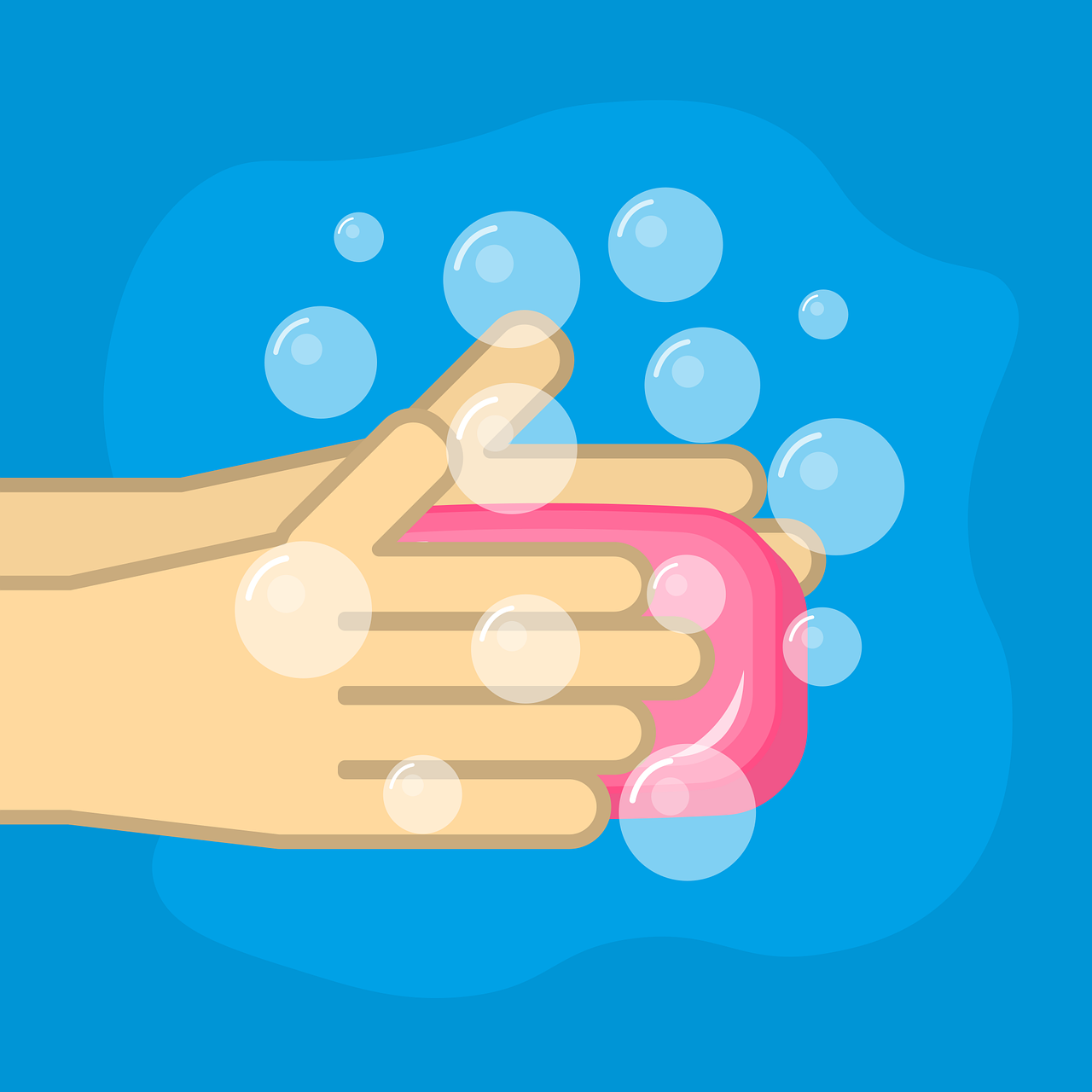Food Safety in the Hospitality Industry
For all those who work in the hotel industry and especially in restaurants is very important to strictly follow all the procedures for compiling with all the food safety regulations for many important reasons. Well, it’s simple, customers go to a restaurant to have a good time, a positive experience, and most importantly, eat safe food. Let’s have a look below at the reasons why food safety in the hospitality industry is very important to be followed.
1. Customer Health and Satisfaction
Serving high-quality food is a primary requirement for customer satisfaction. Consistency in maintaining quality builds trust and loyalty among customers. Following food safety regulations is very important to achieve this, especially when it comes for protecting the health and well-being of customers. Contaminated food can lead to foodborne illnesses, which can have severe consequences for individuals. . By implementing HACCP and sticking to food safety standards, your hotel or restaurant can provide safe and healthy meals to your customers, making sure their satisfaction and loyalty.
2. Compliance with Regulations
The hospitality industry is subject to various food safety regulations and standards. Compiling these regulations is not only a legal requirement but also essential for maintaining a positive reputation. Failure to comply with food safety regulations can result in fines, legal consequences, and damage to the brand’s image. Maintaining food safety is not only a legal requirement but also a crucial aspect of maintaining consumer trust and safeguarding public health.
3. Brand Reputation
Food safety incidents can have a big impact on your hotel’s reputation. News spreads quickly, especially in the age of social media, and a single food safety incident can damage a brand’s image and lead to a loss of customer trust. By prioritizing food safety through HACCP, businesses can protect their reputation and maintain customer confidence.
4. Cost Savings
Implementing HACCP and ensuring food safety can lead to cost savings for the hospitality industry. By preventing foodborne illnesses and contamination, businesses can avoid the costs associated with recalls, lawsuits, and negative publicity. Additionally, proper food handling and storage practices can reduce food waste, resulting in financial benefits.
5. Customer Satisfaction
Customers expect high standards of cleanliness and food safety in hotel establishments. Meeting or exceeding these expectations contributes to overall customer satisfaction. Unsatisfactory food safety practices can lead to negative reviews, impacting the hotel’s image and business as mentioned before.
6. Employee Morale
Employees working in an environment that prioritizes food safety will likely have higher morale and job satisfaction. Proper training and adherence to safety protocols create a sense of responsibility among staff, promoting a positive workplace culture.
4 Steps To Food Safety
As we discussed above, ensuring food safety is important to prevent foodborne illnesses and maintain overall health. Let’s have a look at the 4 important steps to follow to ensure safe food has been prepared:
- Clean:
- Wash Hands: Always wash your hands thoroughly with soap and water before handling food, especially after using the bathroom, handling raw meat, or touching surfaces that may be contaminated.
- Clean Surfaces: Keep kitchen surfaces, utensils, and cutting boards clean. Use hot, soapy water to wash them, and sanitize with a solution of one tablespoon of bleach per gallon of water.
- Rinse Produce: Wash fruits and vegetables under running water to remove dirt and bacteria. Use a brush for firm produce with a thicker skin.
- Separate:
- Cross-contamination Prevention: Separate raw meat, poultry, seafood, and eggs from ready-to-eat foods to prevent cross-contamination. Use separate cutting boards and utensils for raw and cooked foods.
- Store Properly: Store raw meat, poultry, and seafood in sealed containers or plastic bags on the bottom shelf of the refrigerator to prevent juices from dripping onto other foods.
- Cook:
- Use a Food Thermometer: Ensure that food is cooked to a safe internal temperature to kill harmful bacteria. Use a food thermometer to check the internal temperature of meats, poultry, seafood, and egg dishes.
- Safe Minimum Internal Temperatures:
- Chicken and turkey: 165°F (74°C)
- Ground meats: 160°F (71°C)
- Fish: 145°F (63°C)
- Pork, veal, and lamb: 145°F (63°C)
- Eggs: Cook until the yolk and white are firm.
- Chill:
- Refrigerate Promptly: Refrigerate perishable foods within two hours (or one hour if the temperature is above 90°F or 32°C). Use a refrigerator thermometer to ensure the temperature is set at 40°F (4°C) or below.
- Thaw Safely: Thaw frozen foods in the refrigerator, under cold running water, or in the microwave. Do not thaw at room temperature.
- Leftovers: Store leftovers in shallow containers and refrigerate promptly. Consume leftovers within 3-4 days or freeze for longer storage.
Conclusion:
To ensure food safety in hotels, it’s important to make and enforce strict hygiene practices, conduct regular staff training, implement effective quality control measures, and stay informed about the latest food safety regulations and best practices. This method not only protects guests but also safeguards the hotel’s reputation and financial well-being. HACCP plays a very big role in ensuring food safety in the hospitality industry. By implementing this systematic approach, businesses can identify and control hazards, protect customer health, comply with regulations, maintain their reputation, and achieve cost savings. Prioritizing food safety is not only a legal and ethical responsibility but also a smart business decision that contributes to the success and sustainability of the hospitality industry.
Cover Image From Pexels (Free Commercial Use)



Seeing how much work you put into it was really impressive. But even though the phrasing is elegant and the layout inviting, it seems like you are having trouble with it. My belief is that you ought to try sending the following article. If you don’t protect this hike, I will definitely come back for more of the same.
I have been browsing online more than three hours today yet I never found any interesting article like yours It is pretty worth enough for me In my view if all website owners and bloggers made good content as you did the internet will be a lot more useful than ever before